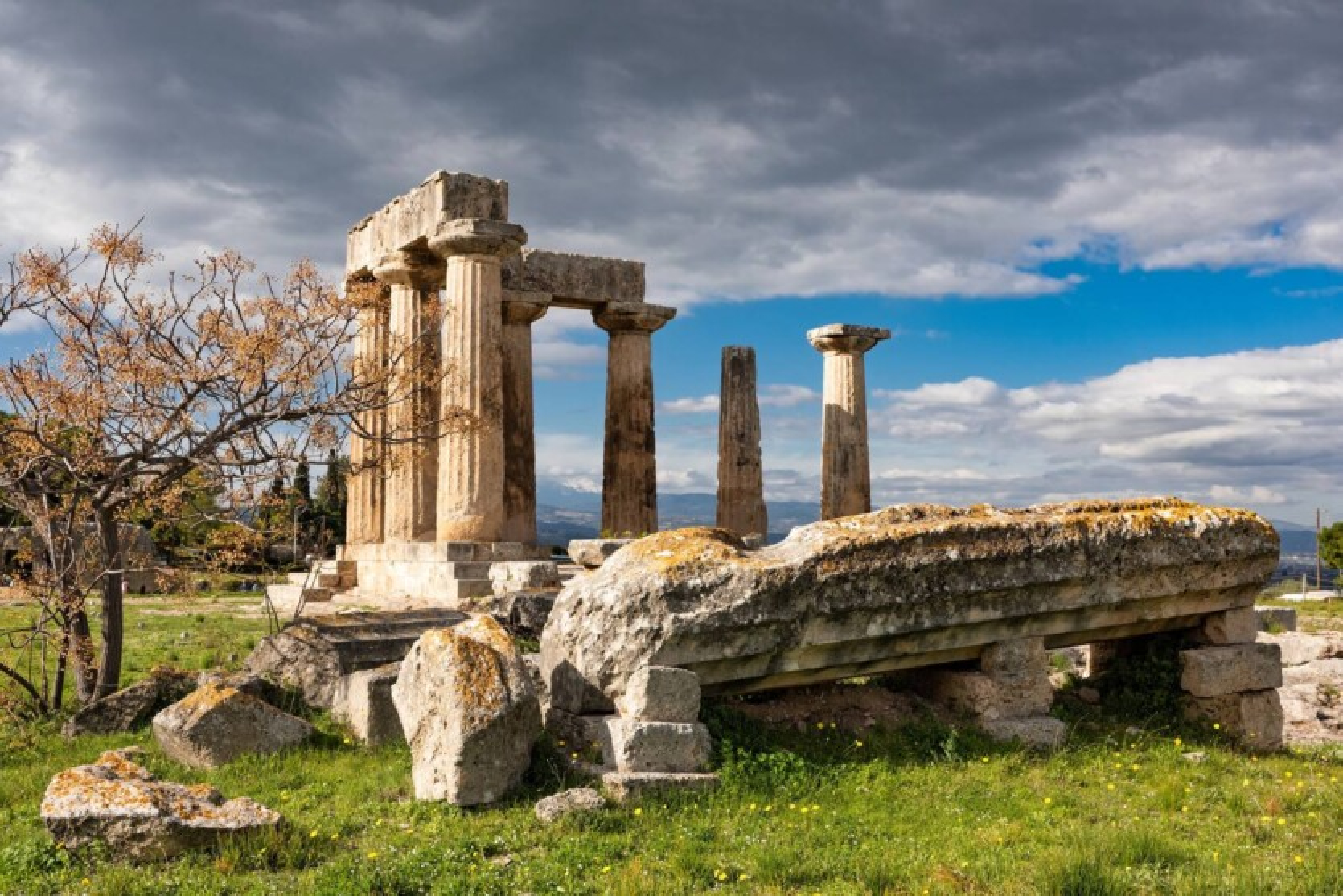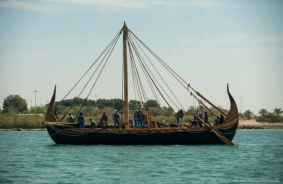An archaeologist has identified rare remnants of a Roman prison in Corinth, Greece.
Matthew Larsen, an archaeologist and associate professor from the University of Copenhagen, discovered the remains of a Roman prison that dates back approximately 1,600 years. Larsen identified the prison by thoroughly examining the site itself, the inscriptions on its walls and floor, as well as reviewing excavation records from 1901.
“Historical records suggest that prisons must have existed in nearly every Roman city, at least in those that had a forum,” wrote Matthew in the journal Hesperia. “However, archaeological evidence of prisons has proven to be extremely challenging to identify. There is very little evidence of what a Roman prison looked like or where it might have been located.”
A key factor in determining the purpose of the building was the numerous inscriptions left by prisoners. They included pleas in Greek, such as:
“May the fate of those who suffer in this lawless place prevail. Lord, show no mercy to the one who threw us here.”
The archaeologist found remains of jugs and lamps in the eastern passage of the prison. These items were likely used to provide the prisoners with water and light. Additionally, evidence of a small toilet was found in one of the cells.
The conditions of confinement for prisoners were appalling. The inscriptions reveal that inmates were kept in a dark space, cut off from the outside world and lacking any means to voice their complaints. Their words, etched into the walls, bear witness to the despair and helplessness of people whose voices went unheard. One inscription states that a group of prisoners spent an entire winter in the prison, which, according to Larsen, must have been an extremely cold experience.
Some inscriptions feature drawings of game boards, indicating attempts by prisoners to entertain themselves. Others plead for release:
“Lord God and pure justice, redeem two brothers from this place. Christ, protect both Budis and John…”
There are also inscriptions asking for revenge against those who imprisoned them: “Lord, let them die a terrible death” and “Mother of God, repay [with punishment] Marinos, who threw us here and forced us to spend the winter.”
It is worth noting that researchers recently succeeded in deciphering four Babylonian cuneiform tablets dating back 4,000 years, which predict future disasters based on lunar eclipses.
Source: Livescience













Comments (0)
There are no comments for now